https://www.fizzicseducation.com.au/wp-content/uploads/2022/12/Liquid-nitrogen-cloud-1920-x-200px-dark-blue-wash.jpg
Marble Run Mania for Early Learners
Explore early learners creativity & problem-solving skills!
Using highly accessible materials, your preschoolers will have a blast as they create their own designs to solve a series of challenges in making a marble run work. Designed to allow children to explore movement in a constructive environment, this workshop allows them to rapidly predict, test, modify and implement their ideas!
NB: The balls used are too large to be a choking hazard and have been designed to be used in early learning centres
Specifically, this workshop covers:
- How things move and stop
- Problem-solving and planning
- Creative thinking and sequencing

Early Years Learning Framework Learning Outcomes
- 1.2 Develop emerging autonomy, interdependence, resilience and sense of agency
- 4.1 Children develop dispositions for learning such as curiosity, cooperation, confidence, creativity, commitment, enthusiasm, persistence, imagination and reflexivity.
- 4.2 Children develop a range of skills and processes such as problem solving, inquiry, experimentation, hypothesising, researching and investigating.
- 4.3 Children transfer and adapt what they have learned from one context to another.
- 4.4 Children resource their own learning through connecting with people, place, technologies and natural and processed materials.
- 5.1 Children interact verbally and non-verbally with others for a range of purposes.
ELYF links to all of our preschool science workshops
Victorian Curriculum
- Objects and parts of the world around us have names and particular characteristics (VCSSU021)
- Objects can move in different ways (VCSSU025)
- Supported to engage in simple scientific inquiry (VCSIS026)
- Supported to use the senses to identify some characteristics (VCSIS027)
- Make links between observations and findings (VCSIS029)
- Science is about exploring the world around me (VCSSU031)
- Actively join in exploration of familiar objects and events (VCSIS036)
- Use both general terms and simple, scientific vocabulary to begin to describe their activities and observations (VCSIS040)
Engaging for early learners!
- Can they make the ball loop the loop?
- How far can they make the ball jump?
- How far can they make the ball travel?
- How fast can the ball move?
- Can the students add other materials to improve their design?… and more!
The lesson is driven by the kids, with our presenter and the teachers working directly with the children to facilitate learning and deeper understanding of why things move.
Appropriate for ages 3 to 5 years with a maximum of 30 children per class. Please note that we are not permitted to cater for children under the age of 3.
An outside area covered from the weather. We can run this indoors, however this area must be cleared of your furniture prior to arrival.
Chairs are not required.
Duration 60 minutes, set up time 30 minutes and pack up time 30 minutes
NB: The balls used are too large to be a choking hazard and have been designed by Mud Kitchen to be used in early learning centres
During Social Distancing – Contact us
and we’ll tailor a program to suit both your school and the State’s social distancing requirements. Further details here
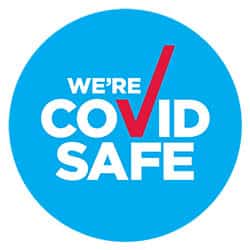
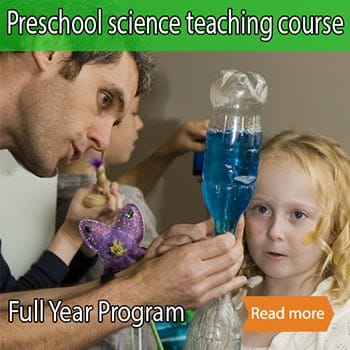
$490 inc. GST for a 60-minute workshop.
Call 1300 856 828, or use this form to enquire or make a booking for your preschool.
For preschools outside of metropolitan areas please contact us to discuss how this workshop can visit your school as part of a regional visit
We don’t charge per student as we know that this causes an additional administrative load on your office. Most preschools tend to fill the science workshops & shows based on our recommended maximum number of students. If you have any questions please contact us.
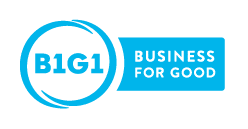 Find out more here
Find out more here
Enquire Now
Online course: Teaching Science in Early Childhood
- An entire year of science lessons for early learners
- Practical & linked to the Early Years Learning Framework Learning Outcomes
- 3.5 hours of on-demand videos
- Printable resource sheets & materials lists
- Attribute as teacher-identified teacher professional development hours

Read More
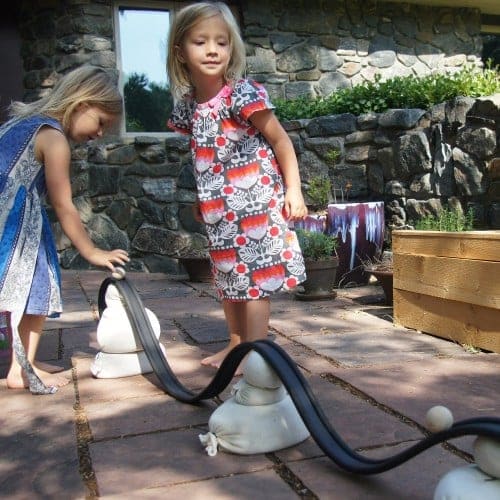















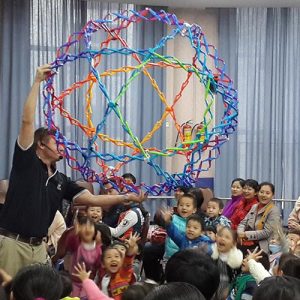
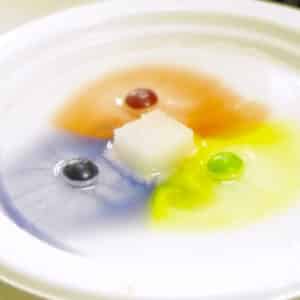
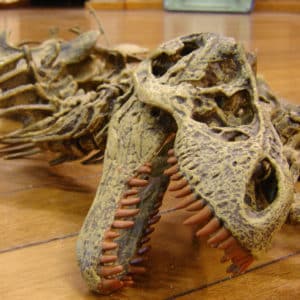




I just wanted to pass on how much the staff and students really enjoyed it and how perfect it was to launch our science week activities. The students were enthralled, educated and entertained – a perfect trifecta!
-Caulfield Grammar School – Big Science Big FunThanks so much for presenting at our school on Monday. Our students enjoyed the show.
-Greenvale Primary School – Big Science Big FunFizzics Education curated a thoughtful and hands-on experience for the children, incorporating practical, skill-based learning activities and followed by a science presentation at the end of the event involving liquid nitrogen. This was delivered safely and effectively, capturing both the children and the parents for the duration of the presentation.
-Macquarie Bank – Family Fun DayFizzics Education ran a show today at our school and it was wonderful. He was a great facilitator and the show was age appropriate and well done.
-Mount Zion Early learning centre – Little Science Big FunI just wanted to pass on how much the staff and students really enjoyed it and how perfect it was to launch our science week activities. The students were enthralled, educated and entertained – a perfect trifecta!
-Caulfield Grammar School – Big Science Big FunThanks so much for presenting at our school on Monday. Our students enjoyed the show.
-Greenvale Primary School – Big Science Big FunFizzics Education curated a thoughtful and hands-on experience for the children, incorporating practical, skill-based learning activities and followed by a science presentation at the end of the event involving liquid nitrogen. This was delivered safely and effectively, capturing both the children and the parents for the duration of the presentation.
-Macquarie Bank – Family Fun DayFizzics Education ran a show today at our school and it was wonderful. He was a great facilitator and the show was age appropriate and well done.
-Mount Zion Early learning centre – Little Science Big Fun